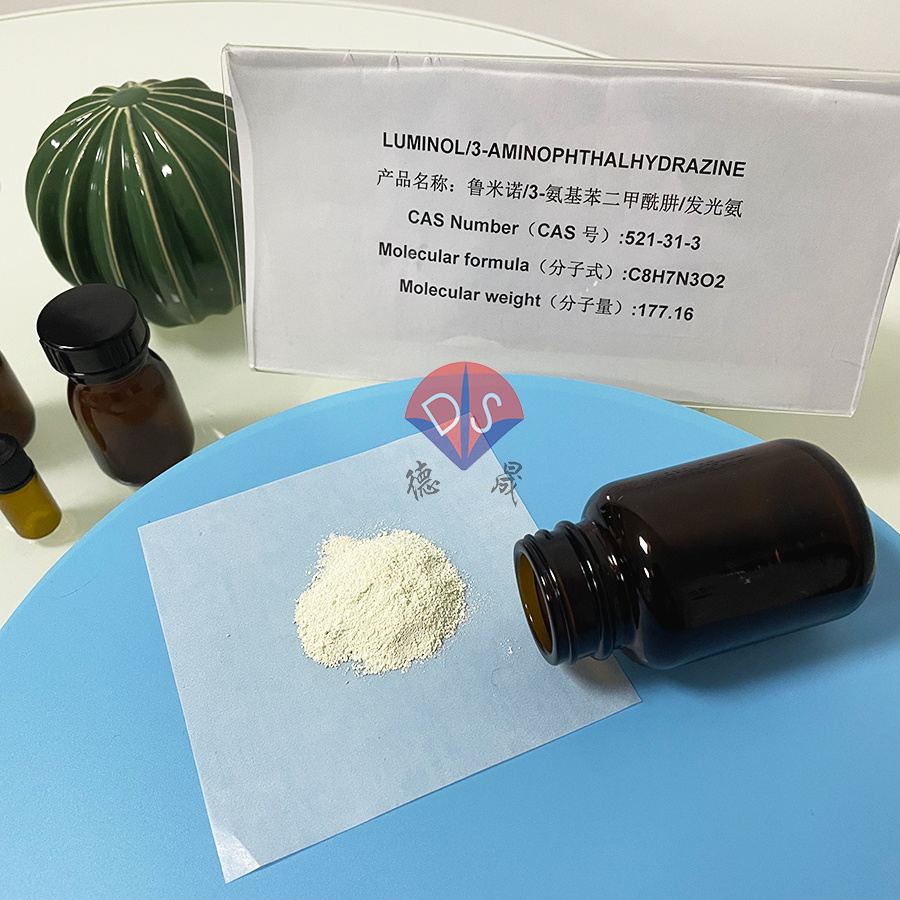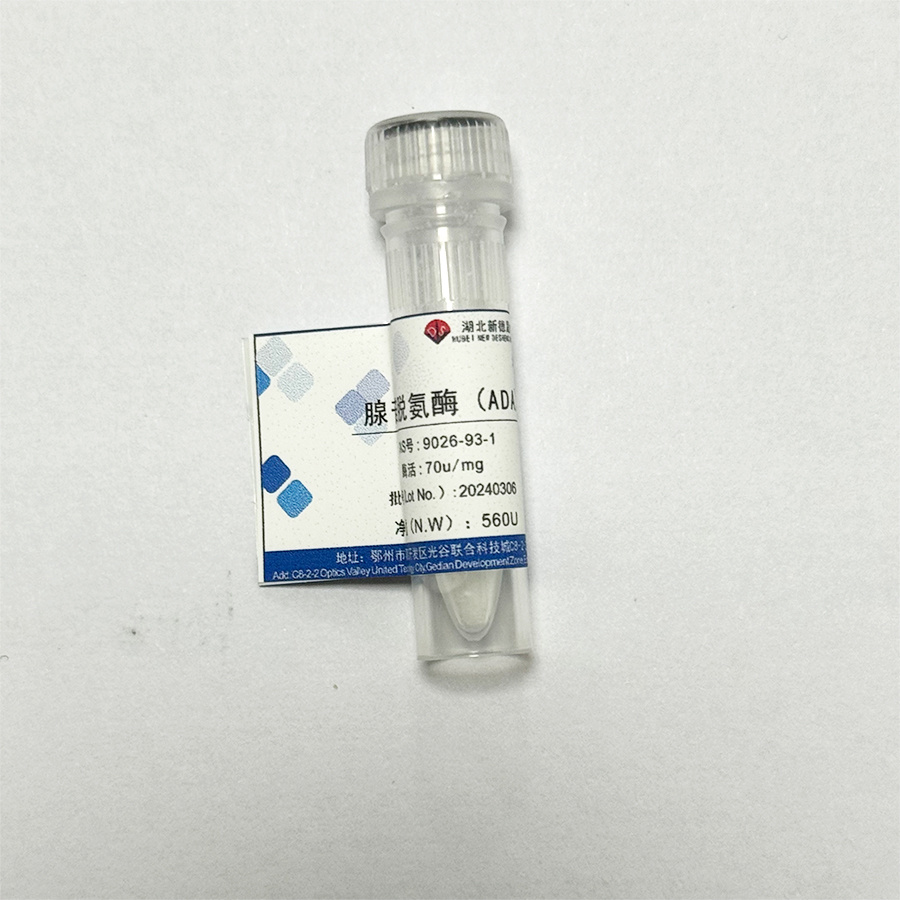What aspects should be emphasized in terms of the technical performance of in vitro diagnostic reagents
Release time:
2025-05-12
In the modern medical system, the performance of in vitro diagnostic reagent technology is directly related to the accuracy of clinical diagnosis, which in turn affects the effectiveness in the later stage. From early screening to effect monitoring during the process, and then to health assessment during the recovery phase, in vitro diagnostic reagents run through the entire clinical process. Therefore, it is necessary to strictly control the technical performance from the source, identify possible problems, and make improvements to ensure that the product's performance meets the requirements for use.

(Luminol as luminescent reagent raw material)
Performance Analysis: The Foundation for Accurate Detection
1. Precision: Analytical performance is the core manifestation of in vitro diagnostic reagent performance, covering multiple key items. Precision is an important indicator for measuring the repeatability of reagents, which reflects the consistency of multiple repeated test results under the same conditions. High precision reagents can ensure the stability of detection results and reduce fluctuations caused by random errors.
2. Accuracy: Focus on the degree to which the detection results are close to the true values. Accurate reagents can provide real and reliable diagnostic information for clinical practice, avoiding misdiagnosis and missed diagnosis. In the detection of cancer biomarkers, highly accurate reagents can accurately identify the content of cancer biomarkers, providing key basis for early diagnosis of cancer and the formulation of treatment plans.
3. Sensitivity and specificity: Sensitivity reflects the detection ability of reagents for low concentration target substances, while high-sensitivity reagents can detect early disease or trace pathological indicators. In infectious disease detection, highly sensitive reagents can detect the presence of viruses in the early stages of pathogen infection, buying time for timely treatment. Specificity ensures that the reagent only reacts with the target substance, avoiding misjudgment of other unrelated substances. In the diagnosis of autoimmune diseases, highly specific reagents can accurately identify autoantibodies and reduce the occurrence of false positive results.
4. Linear range or measurement range: determines the concentration range of a substance that the reagent can accurately detect. A reasonable linear range can meet the detection requirements of target substance concentrations in different patient samples. In liver function testing reagents, the linear range covers the concentration of indicators such as transaminase in normal individuals and patients with varying degrees of liver function abnormalities, providing a guarantee for multi angle evaluation of liver function.
Stability: Continuous and reliable guarantee
Stability is the key to the long-term use of in vitro diagnostic reagents. The production date and expiration date of the product specify the usage time range of the reagent, ensuring stable performance of the reagent during the storage period. Calibration requirements are important measures to ensure that reagents maintain accurate performance throughout use. Regular calibration can adjust the detection parameters of reagents in a timely manner to adapt to changes in the environment and instrument status, and maintain the accuracy of detection results.
Raw materials and processes
Clear quality requirements and validated raw materials can ensure the stability of reagent quality. Reliable raw materials such as antibodies and enzymes can improve the specificity and sensitivity of reagents. Advanced and validated processes can ensure the consistency and reliability of reagent production, from temperature and pressure control during the production process to product purification and packaging, every step affects the performance of reagents. In addition, the scientificity of performance evaluation methods is also important. Scientific and reasonable evaluation methods can truly reflect the performance characteristics of reagents, providing a basis for product quality control and improvement. The establishment of internal reference materials within the enterprise provides a unified standard for evaluating the performance of reagents, ensuring consistency in the performance of different batches of products.

(Enzyme raw material adenosine deaminase)
In the industry chain of in vitro diagnostic reagents, Hubei Xindesheng plays an important supporting role as a manufacturer of IVD reagent raw materials. The stable performance of the raw materials supplied by Xindesheng has laid the foundation for the high-quality production of in vitro diagnostic reagents. In the field of enzyme preparations, Xindesheng's products have high activity and stability. They catalyze reactions in the production of biochemical diagnostic reagents, molecular diagnostic reagents, etc. With advanced production technology and strict quality control system, they have become a trusted raw material supplier in the industry. If you have any purchasing needs, please feel free to contact us at any time!
Contact details
Contact number
Address: C8, Guanggu United Science and Technology City, Ezhou City, Hubei Province
Fax:0711-3704 589
Follow us



